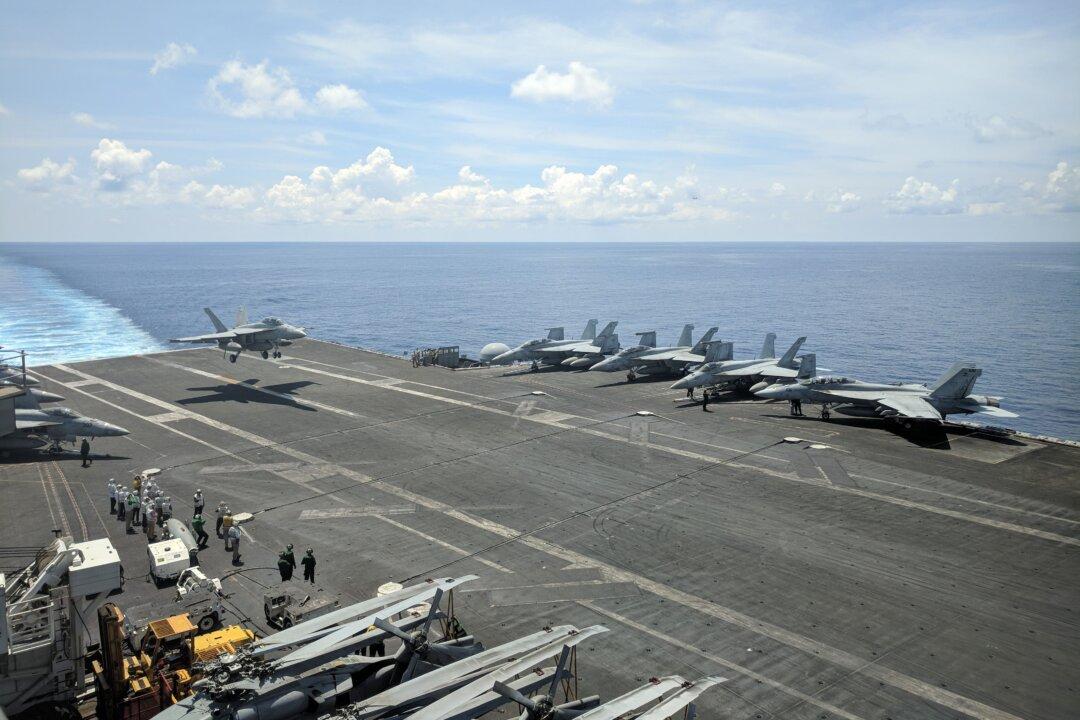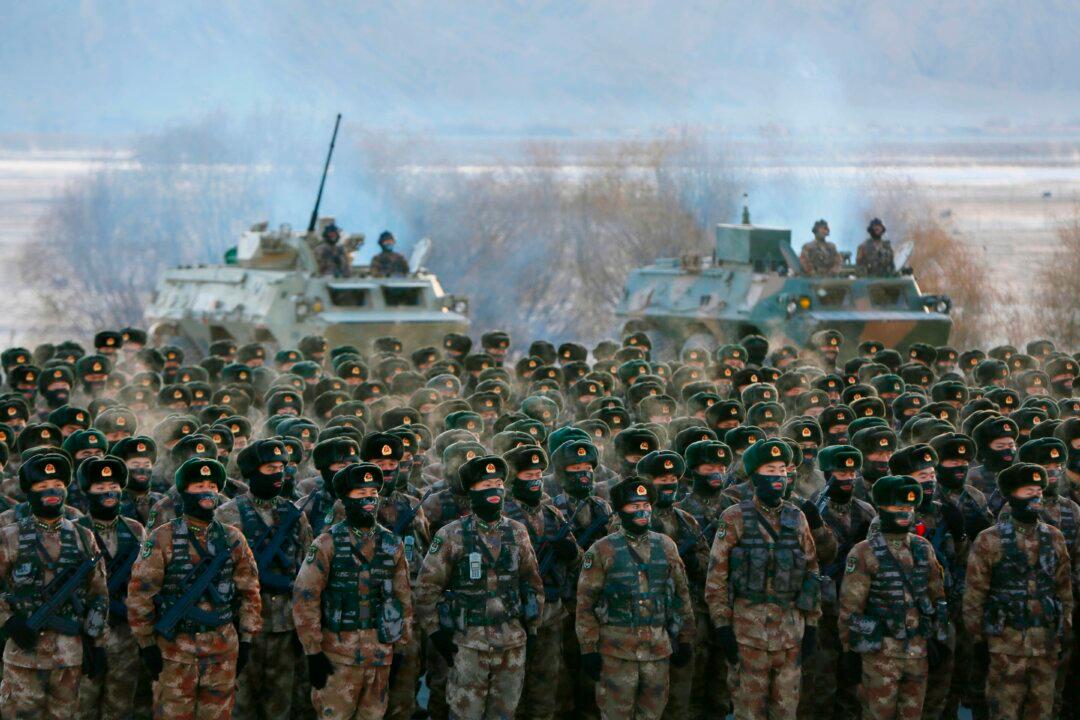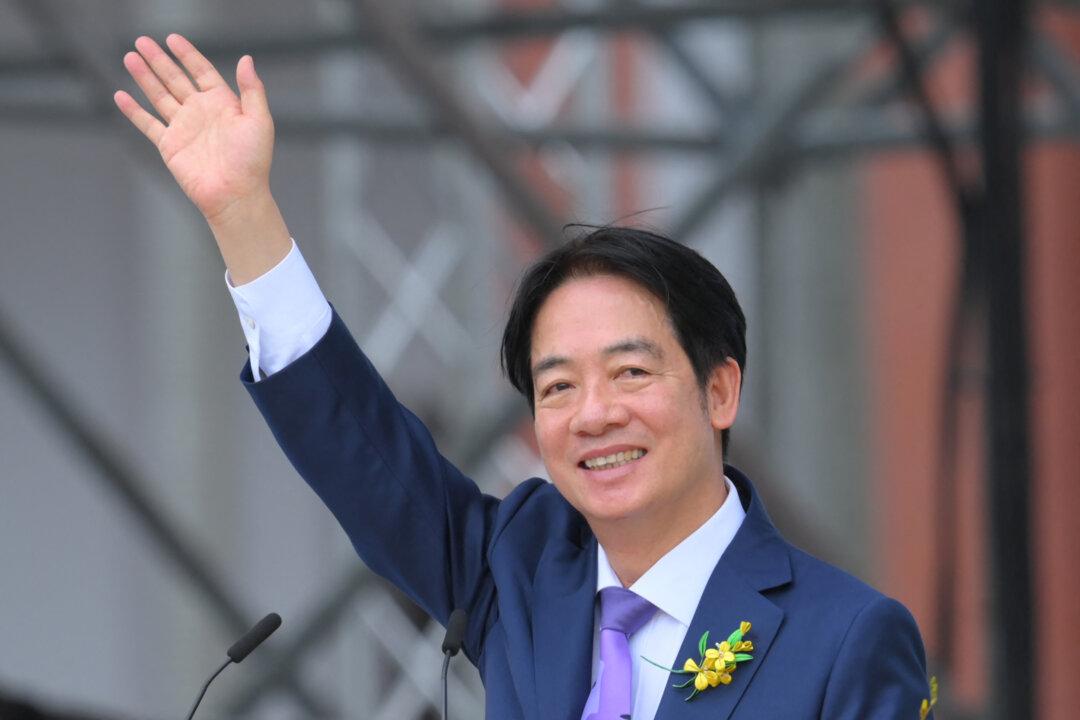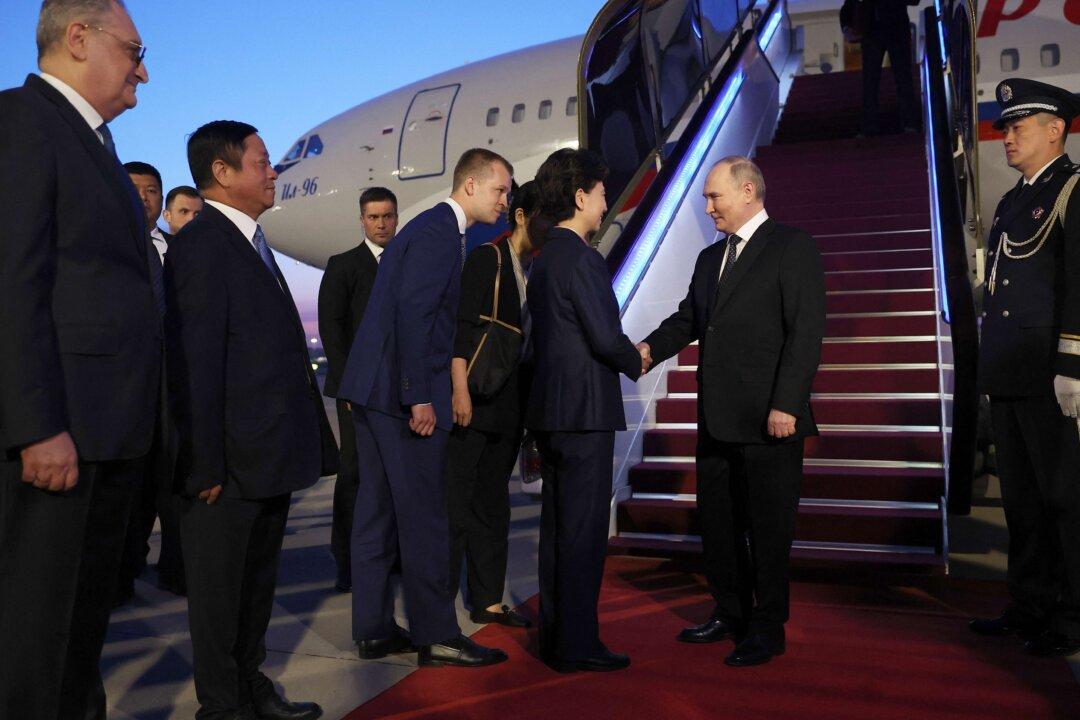Commentary
Concern over a surprise attack by China against Taiwan is a major concern. But the world should be aware that the Chinese regime may launch attacks against India, Japan, or the United States because a clear and intuitive lesson of history is that strategic surprise succeeds, and a review of the evidence demonstrates that it often does in international politics.





